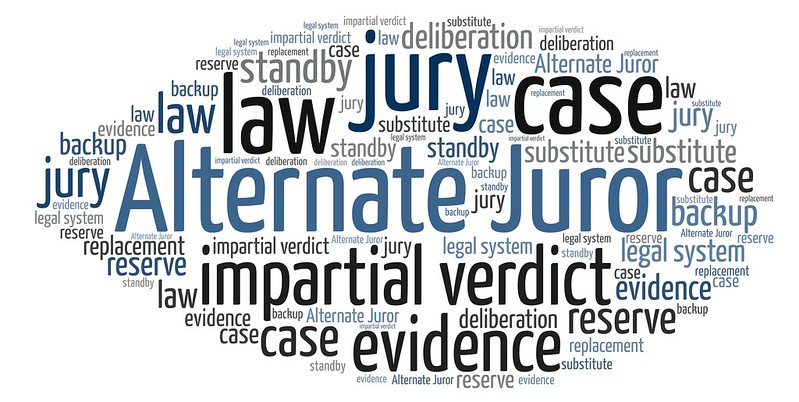A peculiar aspect of the criminal costs regime is that a private prosecutor can apply for their costs to be paid by the State, regardless of whether they win or lose the case. This situation allows persons to pursue prosecutions which other bodies such as the Crown Prosecution Service may have declined to take up,… Continue reading No Free Ride for Private Prosecutors
Indictments – The Basics
An analysis of criminal appeals reveals that indictment errors, often undetected at the trial stage, can lead to significant injustice. However, the Court of Appeal will not quash a conviction merely because there was some unfairness in the trial process; it will only do so if the conviction is unsafe. The application of this test,… Continue reading Indictments – The Basics








